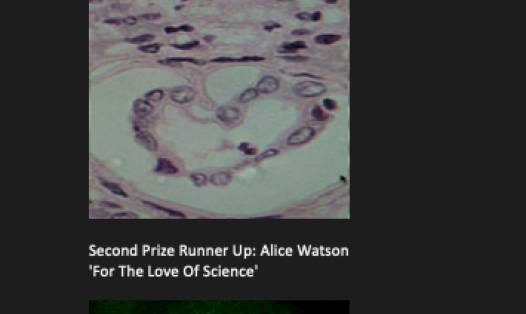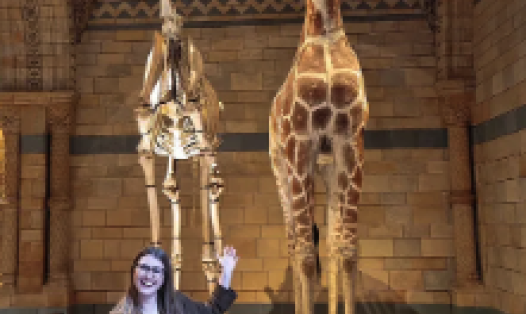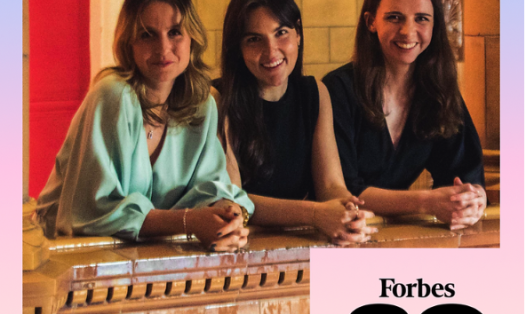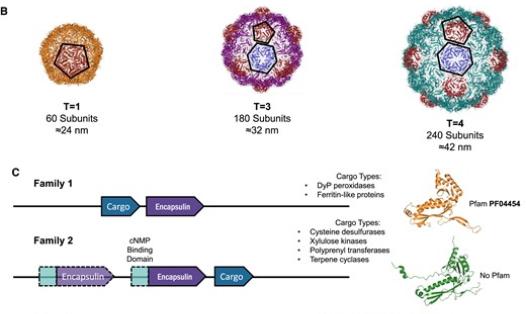Royal Veterinary College

The Royal Veterinary College (RVC) is a research-led specialist institution offering a high quality research experience in the BBSRC strategic priority areas of ‘Agriculture and Food Security’ and ‘Bioscience for Health’. Uniquely, we can access a wide range of species, including veterinary patients with naturally occurring disease and wild animals for study in their natural habitats.
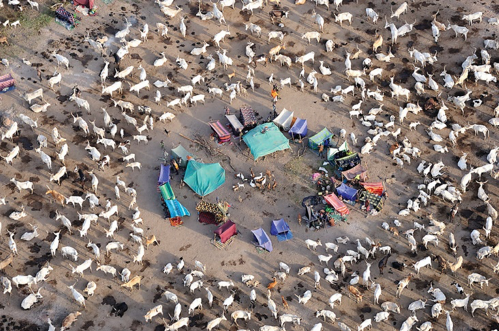
Integrative (systems) biology is practised from the cellular and molecular to the whole animal and animal population level. This enables us to study inter-relations between genotype, phenotype and environment as well as host-pathogen interactions, leading to innovative approaches to animal and human disease prevention and treatment. Our research focuses particularly on the musculoskeletal system, brain health and behaviour, advanced modelling approaches to control of infectious and zoonotic diseases, and host responses to endemic pathogens in livestock. Comparative study of the biomechanics of locomotion is highly interdisciplinary, uniquely enabling students to explore the huge variety of systems found in nature and how these can inspire robotic design. The partnership of researchers working at the whole animal level with structural biologists, chemists, mathematicians and engineers from other LIDo partners is a powerful approach to tackling national and global challenges in food security and animal welfare. Working closely with Government Agencies such as the Animal and Plant Health Agency and Food Standards Agency ensures our research informs policy, maximising its potential to have impact.

We continue to invest in bioinformatics resources to enable genomics and chromosome evolution studies, as well as machine learning approaches to “big data” to uncover determinants and patterns of disease. The creation of a state-of-the-art Veterinary Vaccinology and Cell Therapy hub will bring together veterinary and human health scientists to facilitate a ‘One Health’ approach in the development of next-generation vaccines and cell therapies to combat infectious diseases and to advance regenerative medicine. The RVC will also remain at the forefront of tackling global challenges in food safety and security and antimicrobial resistance, to ensure people and their pets live healthier, longer lives.




